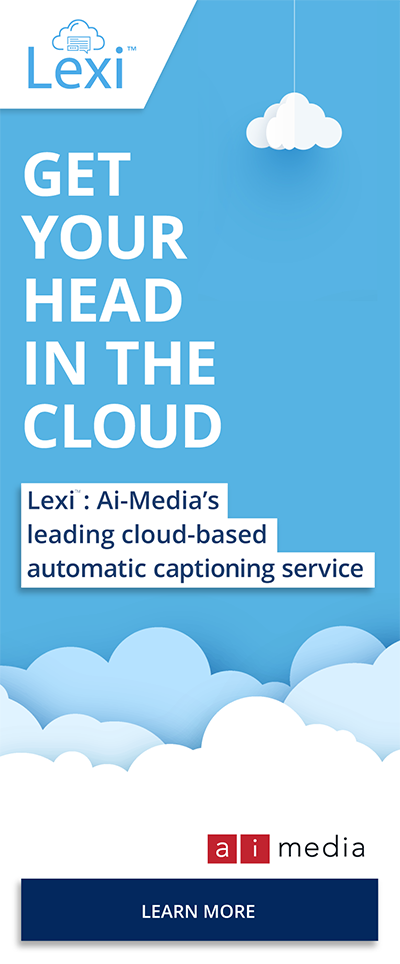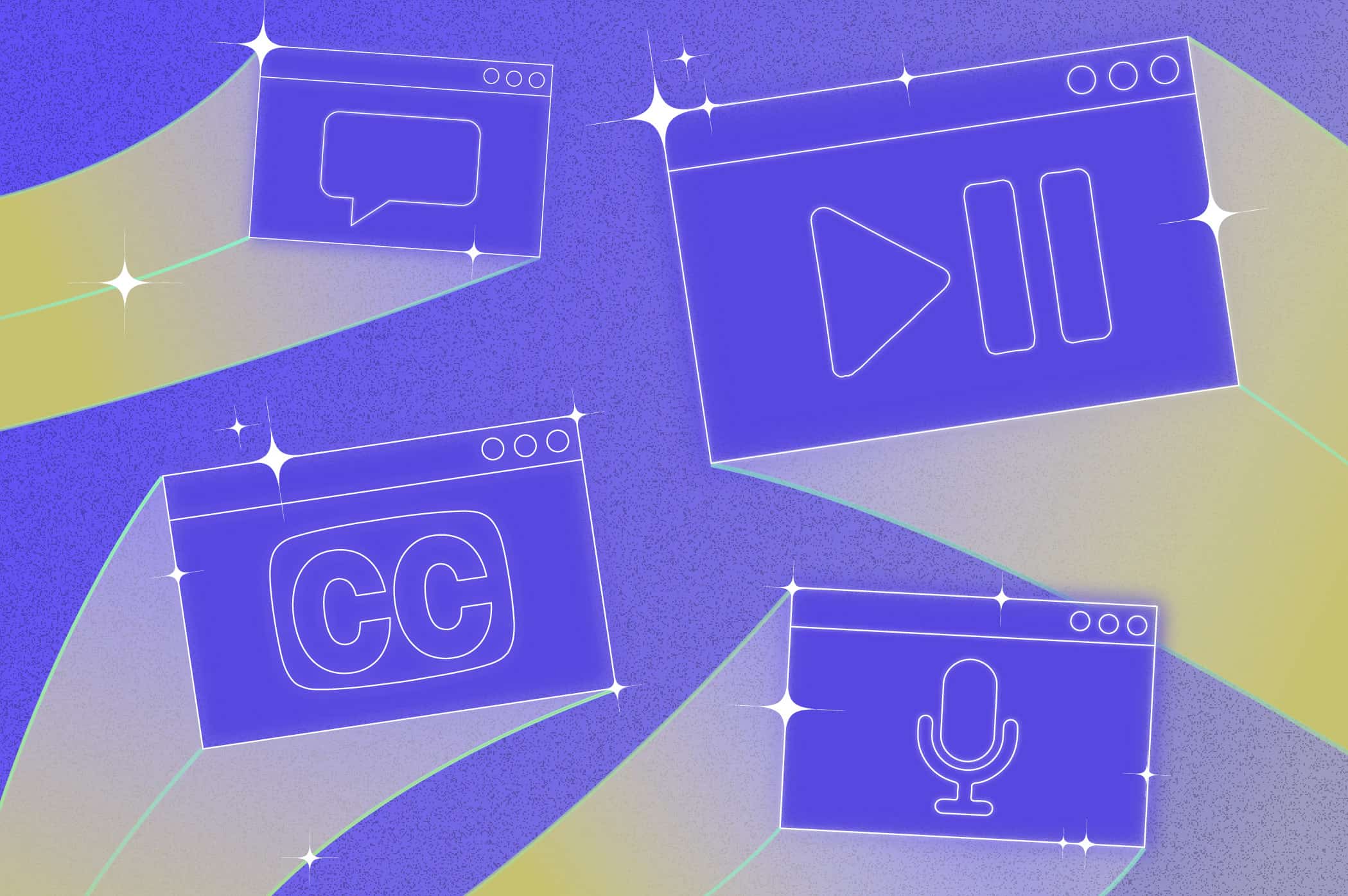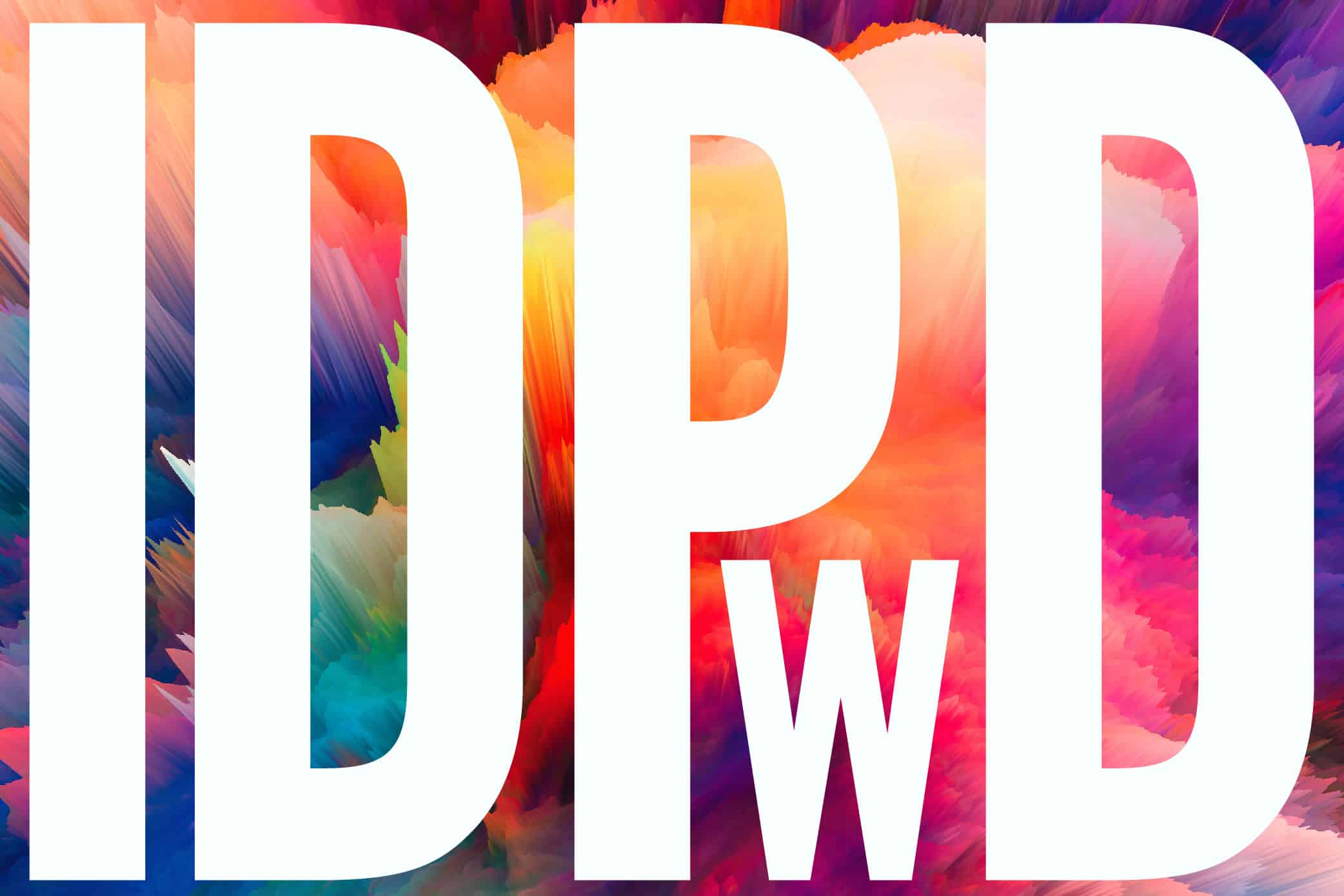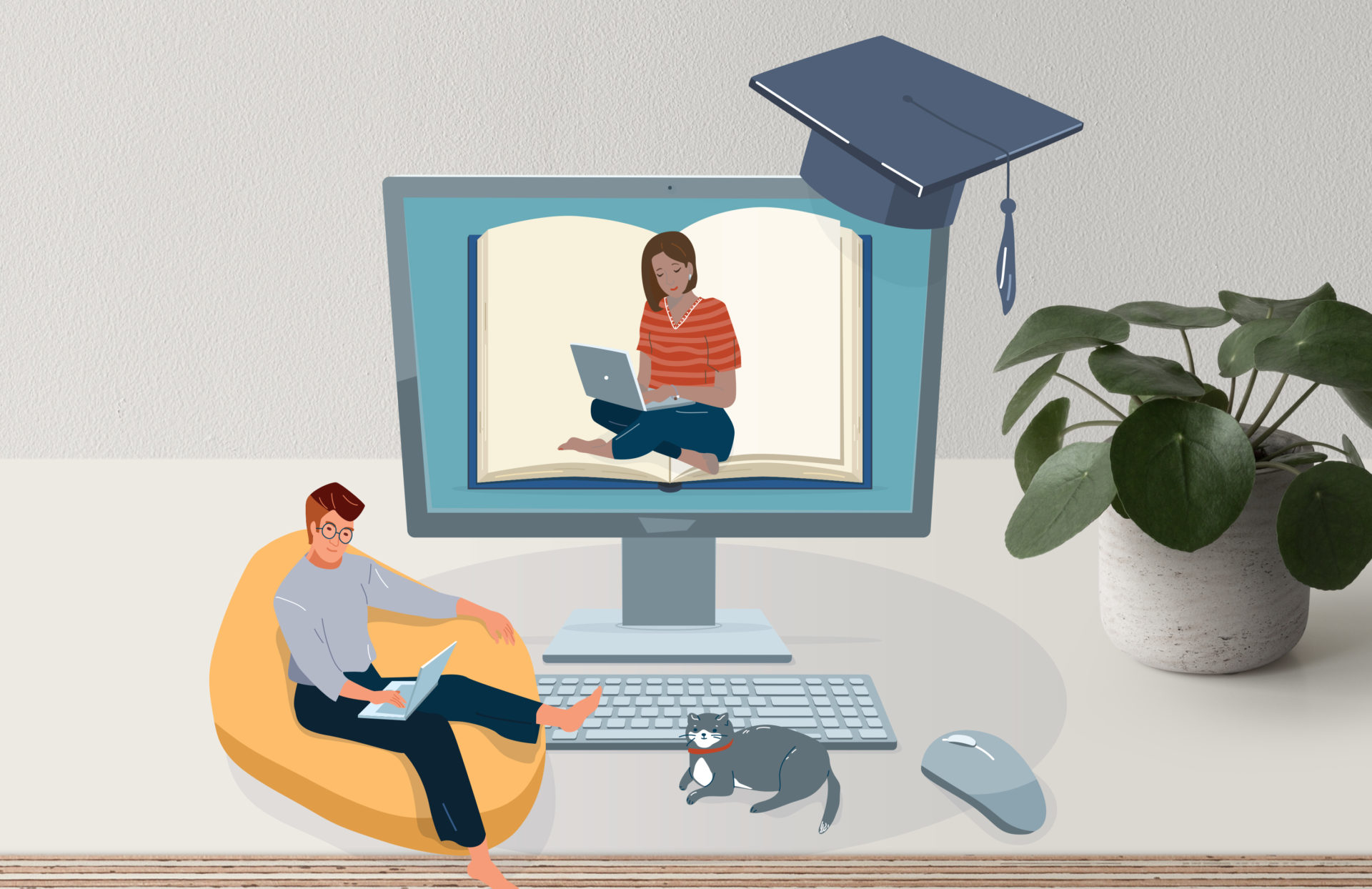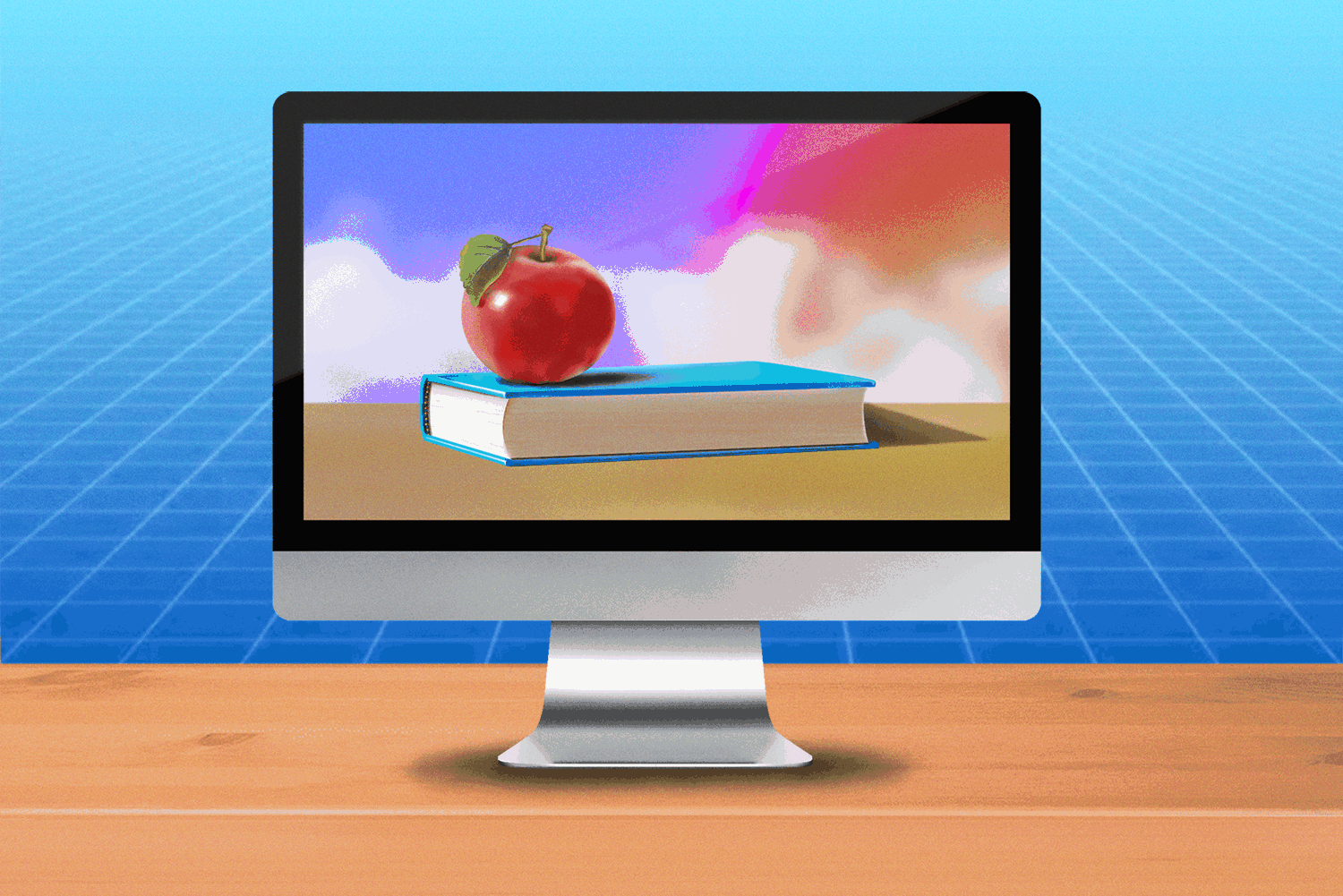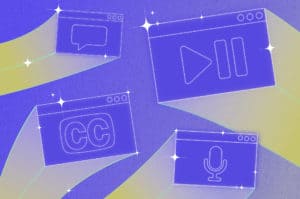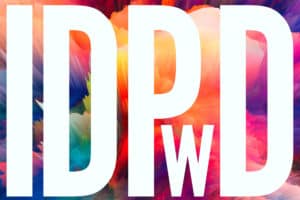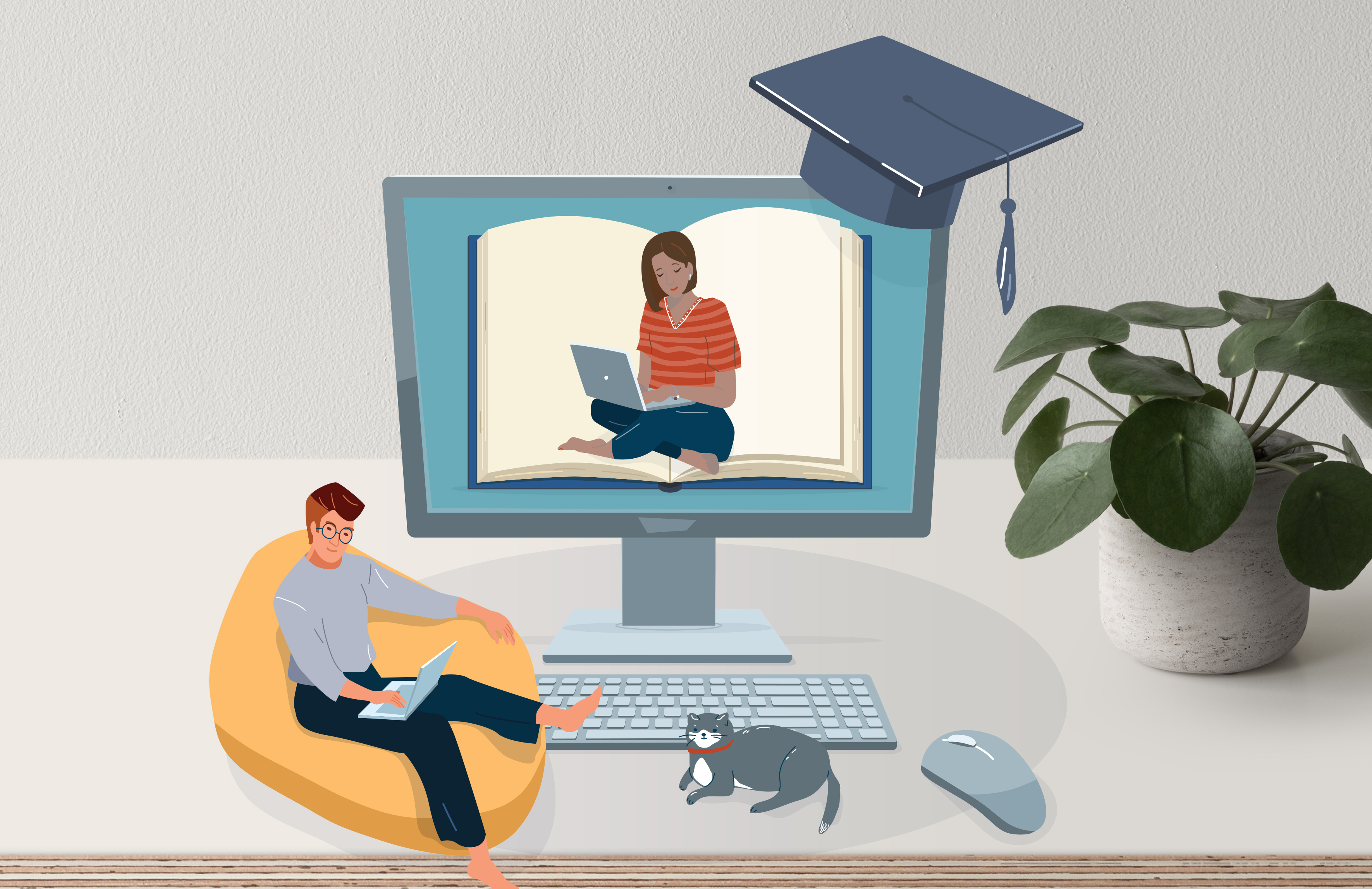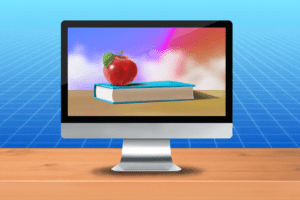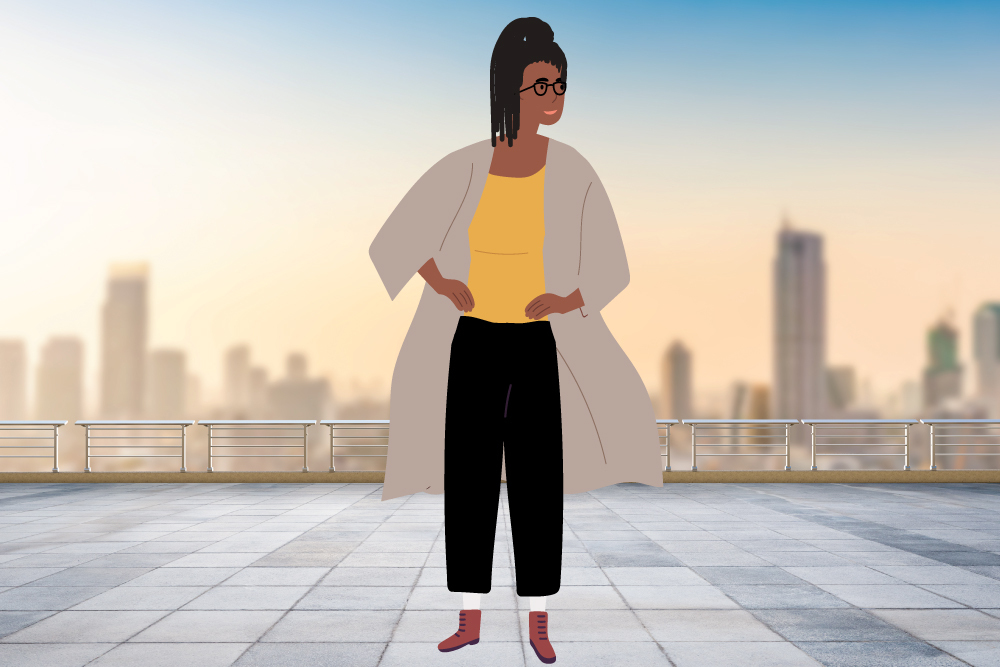
Access as a Black Deaf Woman during COVID-19: An Interview with Vilma Jackson
These times are unprecedented, and we all have a unique outlook on what we are living through as a community.
For many people in marginalized communities, access to information – and even healthcare – has been even harder.
Vilma Jackson is a performing artist and content producer who lives in the UK. Ai-Media spoke to Vilma to hear her reflections on her experience of the pandemic, and the Black Lives Matter movement, as a Black Deaf Woman and an artist interpreting this moment.
First – access challenges have received much attention in recent times. We wanted to explore this in more detail.
How easy or hard have you found access to information during the COVID-19 pandemic as a Deaf person?
Vilma: One of the main issues when the pandemic occurred was gaining access to information because the provision of BSL [British Sign Language] interpreters at official government announcements was non-existent. When there were any instances of interpreted information, we were receiving this information long after non-BSL users, therefore the access to that information was not current.
Fortunately, there were instances when information was provided voluntarily by BSL interpreters or videos with captioning were shared on Deaf forums and social media. This was greatly appreciated. In addition, I was fortunate to have my family supporting me and ensuring that I was kept informed about what was going on.
The British government took too long to acknowledge the feedback from the Deaf community. There were numerous campaigns and online petitions such as #wherestheinterpreter that were set up out of frustration of being ignored. When you look at other countries like the USA, New Zealand and Scotland providing interpreters from the very beginning, we felt left behind.
When the government finally succumbed to the pressure, interpreters were only provided for a short section of announcements. After a short period, they would suddenly be removed and once again we were left without access, wondering what information we were now missing out on. For me, this was a clear case of the government simply ticking the accessibility box and moving on.
It’s important to understand the necessity of sign language interpreters, especially when the provision of [captions] is sometimes used as the sole access provision. For some Deaf people in the community, English is not their first language, so in fact [captions] are not suitable for them to access the information.
For such a scary time in everyone’s lives when official information was critical, I feel the Government should have done a better job of providing accessible information for every section of their society.
What would you like to see happening to support access for Deaf and hard-of-hearing people during the pandemic?
I would like to see the provision of more sign language interpreters at official Government announcements and for the full duration of that announcement, including any following discussions. Also, I feel it’s important that if the government has one source where the public can go for information, for example a dedicated website, that the English text on that website should have the equivalent information provided in sign language videos, so that the Deaf community have equal access to that information.
The Black Deaf community faces unique challenges during COVID-19, but not only during the pandemic. Can you tell us about your own experience in a world that still has a lot to learn about accessibility and racial equality?
In terms of me as a Deaf Black Woman, when the COVID-19 outbreak began, there were instances in my daily life when I found it difficult to communicate. This of course depended on the circumstance and who I was communicating with.
For example, I would have my face mask on and be in a shop trying to communicate. Without the possibility of lip-reading to assist either of us with communication, I would encounter negative reactions or blatant impatience from the other person with the situation. It got me thinking would a Deaf White person be treated differently. Also, is gender a factor for being treated differently in this situation?
It certainly prompted some thought around the matter of equality. As a Deaf person, being part of the Deaf community, we undoubtedly share the same barriers in regard to access. However, the occurrence of COVID-19 coinciding with the Black Lives Matter movement propelled me to consider how my experiences were also being shaped by my race and my gender.
Can you tell us more about how the pandemic has exacerbated the access challenges of being Deaf and Black, in your experience?
There were numerous access issues during the early stages of the pandemic: The lack of access to government information and the experience of wearing a face mask in public. In addition, the access to information was also problematic during the emergence of the Black Lives Matter movement. Considering all these events, and the visual panic that was happening in reality and on our screens made me much more anxious.
Watching the video of George Floyd’s death had a significant impact on me personally. When this video was first circulated, captioning was non-existent, and I was unaware of the context. It was clear to me that this was a moment of great distress, yet it was difficult to understand what was going on. Delayed information is a problem for the Deaf community. When there are important events, may they be social or political, the lack of access to that event means that, as a community, we are not experiencing it as equals.
The pandemic and the BLM movement has certainly made me reflect on my own personal experiences. My family lives in New York, so I was incredibly worried about their safety. In reflection, when I visit them, I do feel anxiety when there is a police presence. I’m even concerned when I use sign language. In a certain scenario could they confuse it with a sign of aggression? Would they think I’m using gang signs? So, as a Deaf Black Woman, I am undoubtedly cautious when visiting the USA. This is triple oppression to me.
How have these experiences influenced your art?
I have been a performing artist for 11 years, working in a variety of areas including film, theatre, music, and TV presenting. Working in the media industry, being a black deaf woman, has not been an easy journey. However, my experiences of failure and rejection have undoubtedly made me even more determined. As a child, my inspiration and strength came from watching the numerous artists I loved on television and film and aspiring to be an artist like them. I’m blessed that my parents gave me the support I needed and always encouraged my desire to follow these dreams.
It is my ultimate goal to be a role model for future generations. I want them to believe in themselves by celebrating our differences and strive towards creating an equal society. Moving forward my professional aim is to create more ground-breaking projects under the umbrella of Vilma Jackson Productions.
My current project, Triple Oppression, is my debut piece as a writer and producer. Bringing my own emotional life experience to the piece, I express this journey in a deeply personal, visceral way. The film deals with the theme of intersectional oppression. I hope that sections of my audience will be able to identify and relate to these issues. The overall message I’m expressing is that your gender, race or disability does not matter, they should not act as societal barriers.
If you could send a message to others in the Black Deaf community, what would it be?
I think it depends what issue it is regarding. From Covid-19 to BLM, the message would vary, there are just so many issues affecting the Black Deaf community.
What I have learned in my life experience is that by encountering these barriers with equality or accessibility, that I had to be headstrong. So, if I can do it, then anyone can do it. There are opportunities out there for Black Deaf role models to provide positive inspiration. We have to be strong for each other and given that the Black Deaf community is very small, we have to be supportive and united in our fight for equality.
To find out more about Ai-Media and our accessibility services, visit our website or get in touch with our friendly team!


